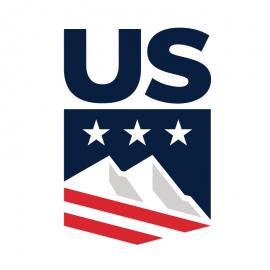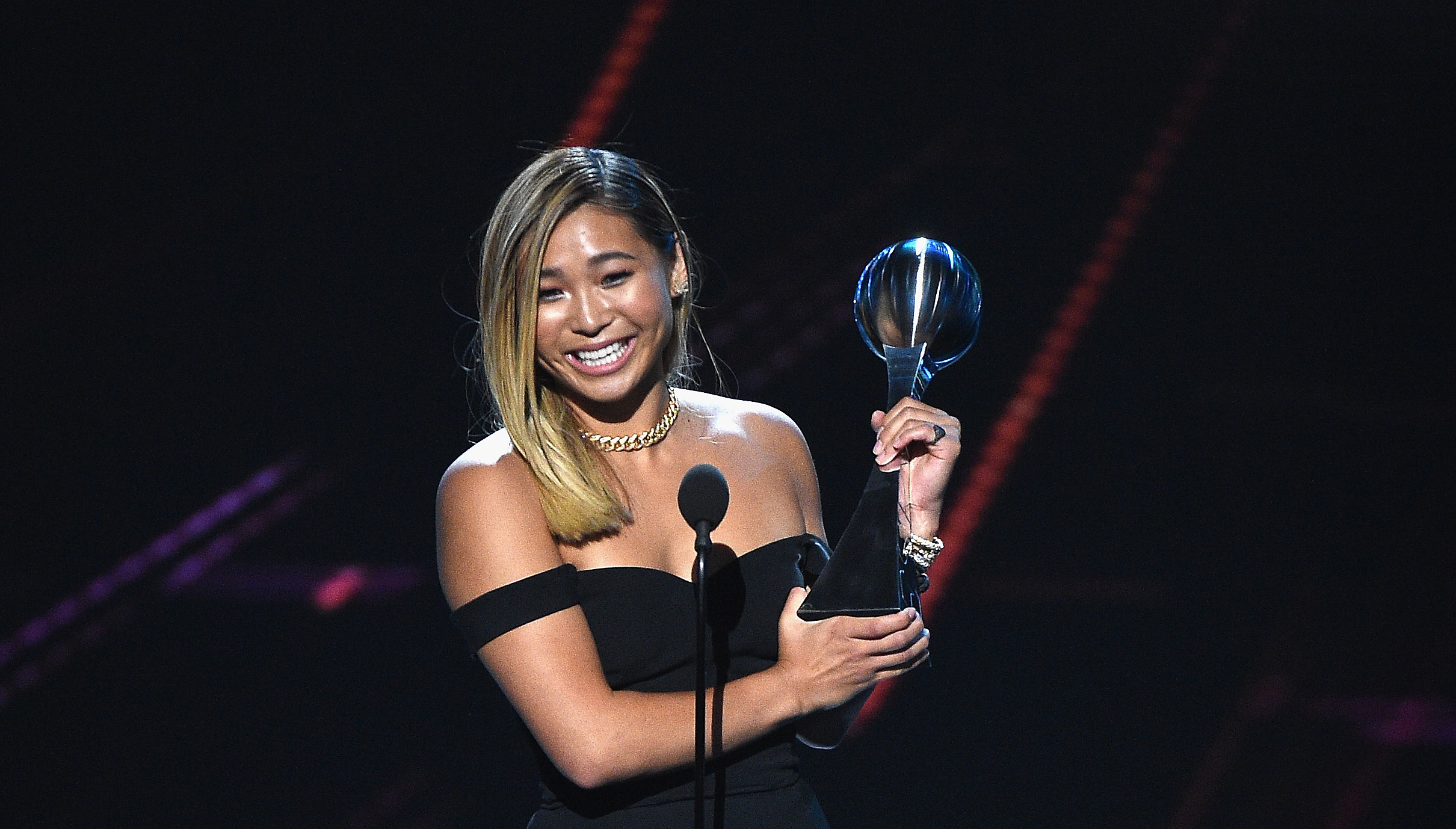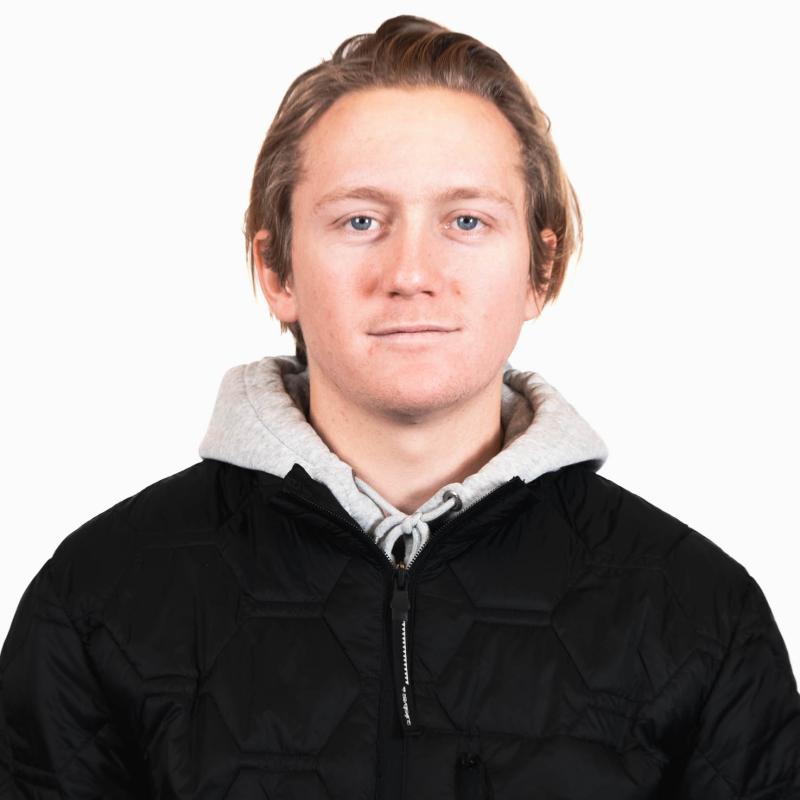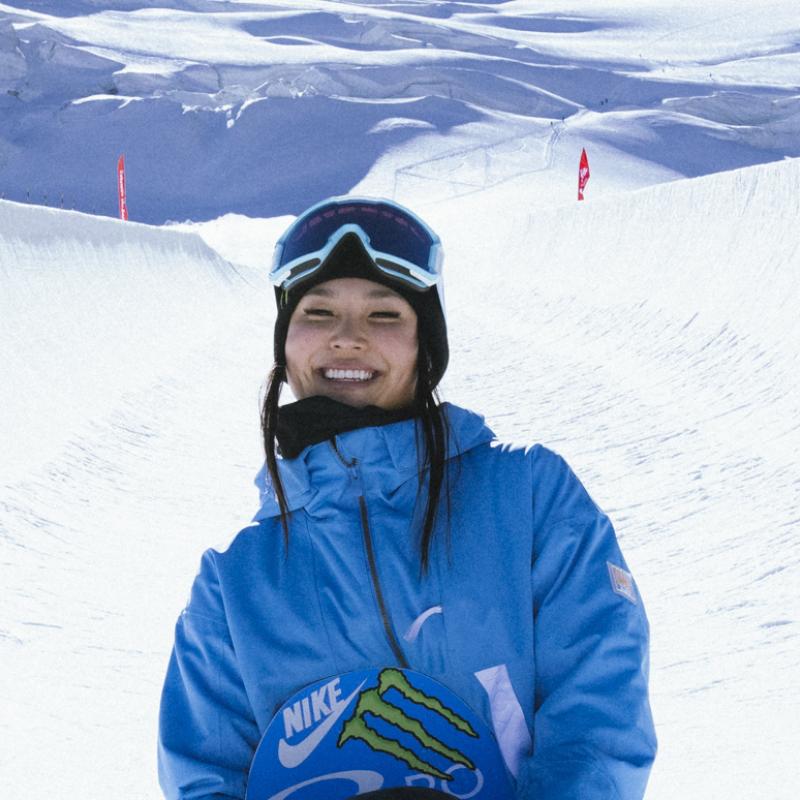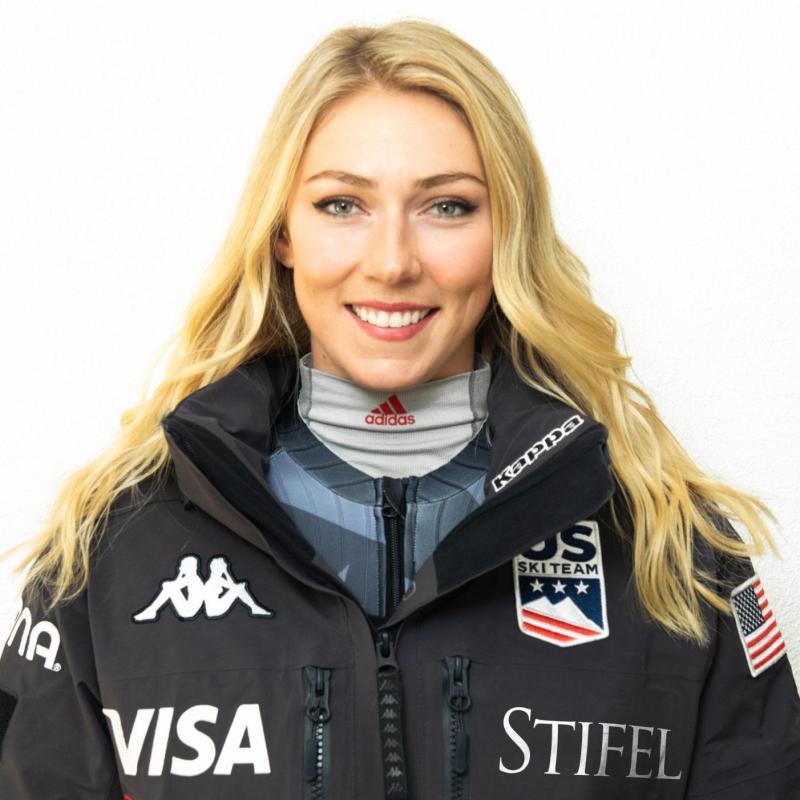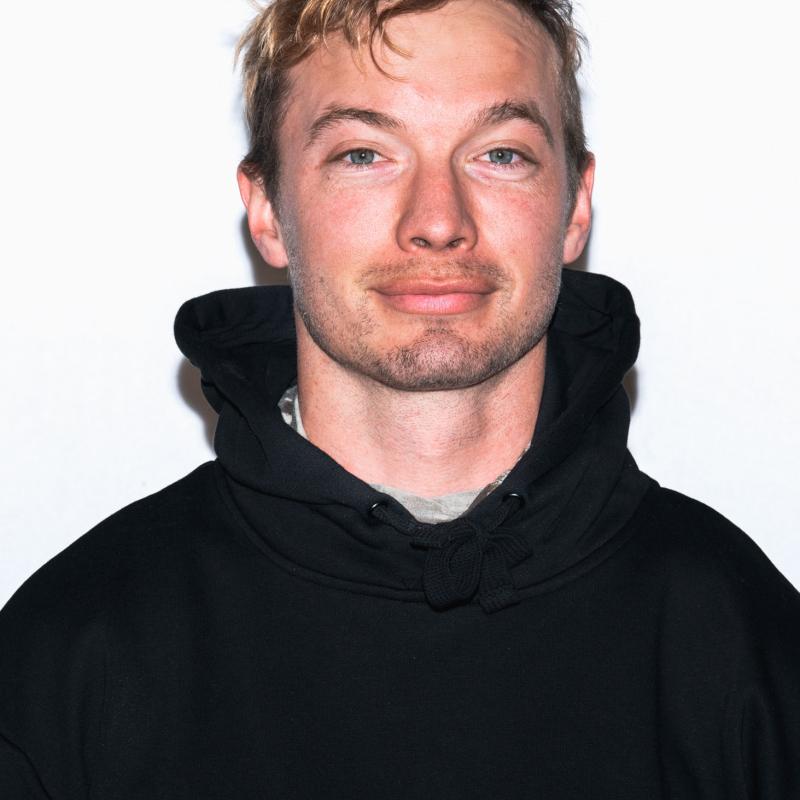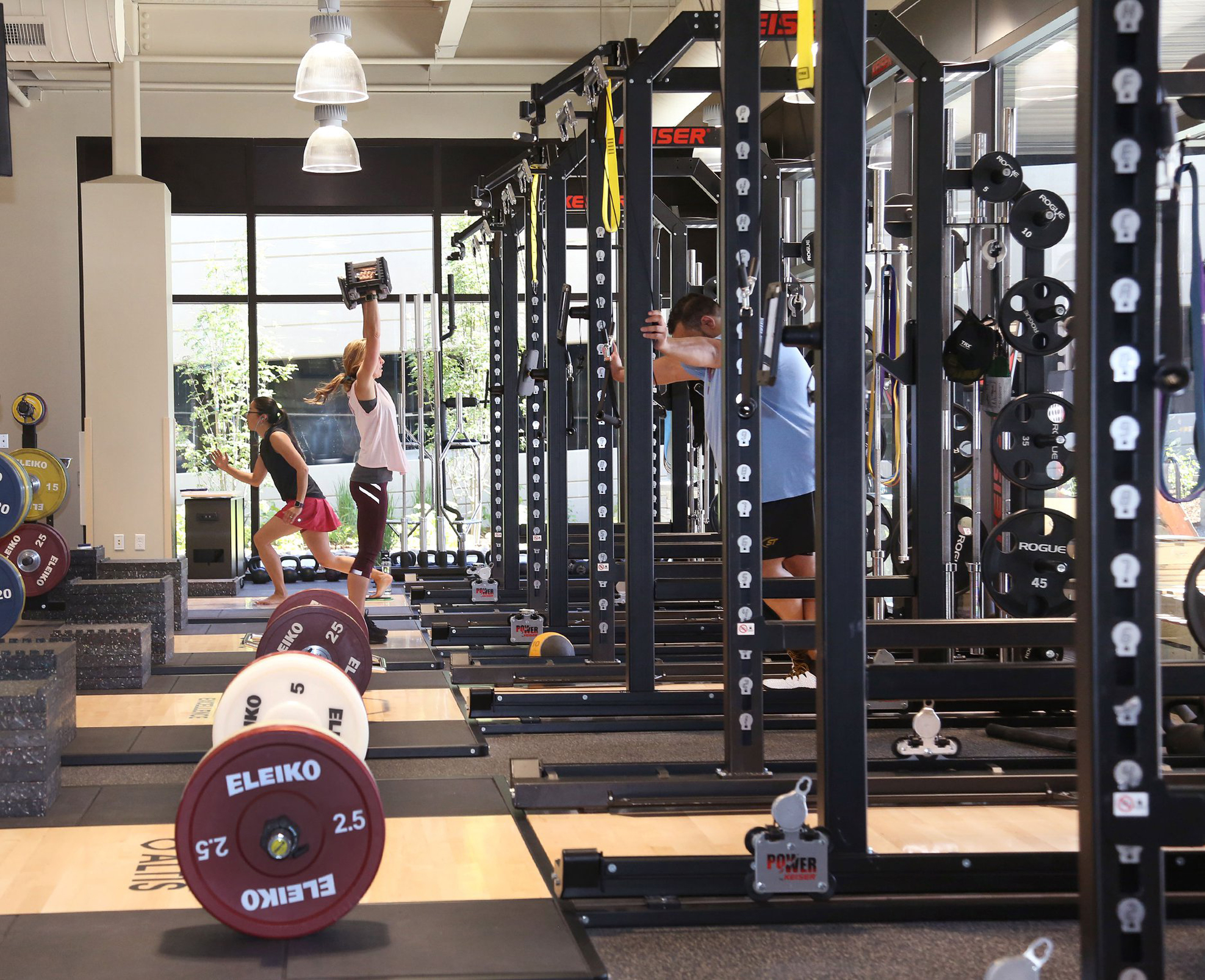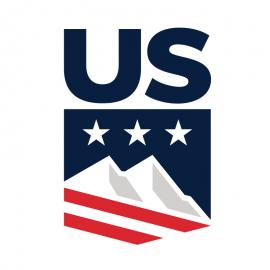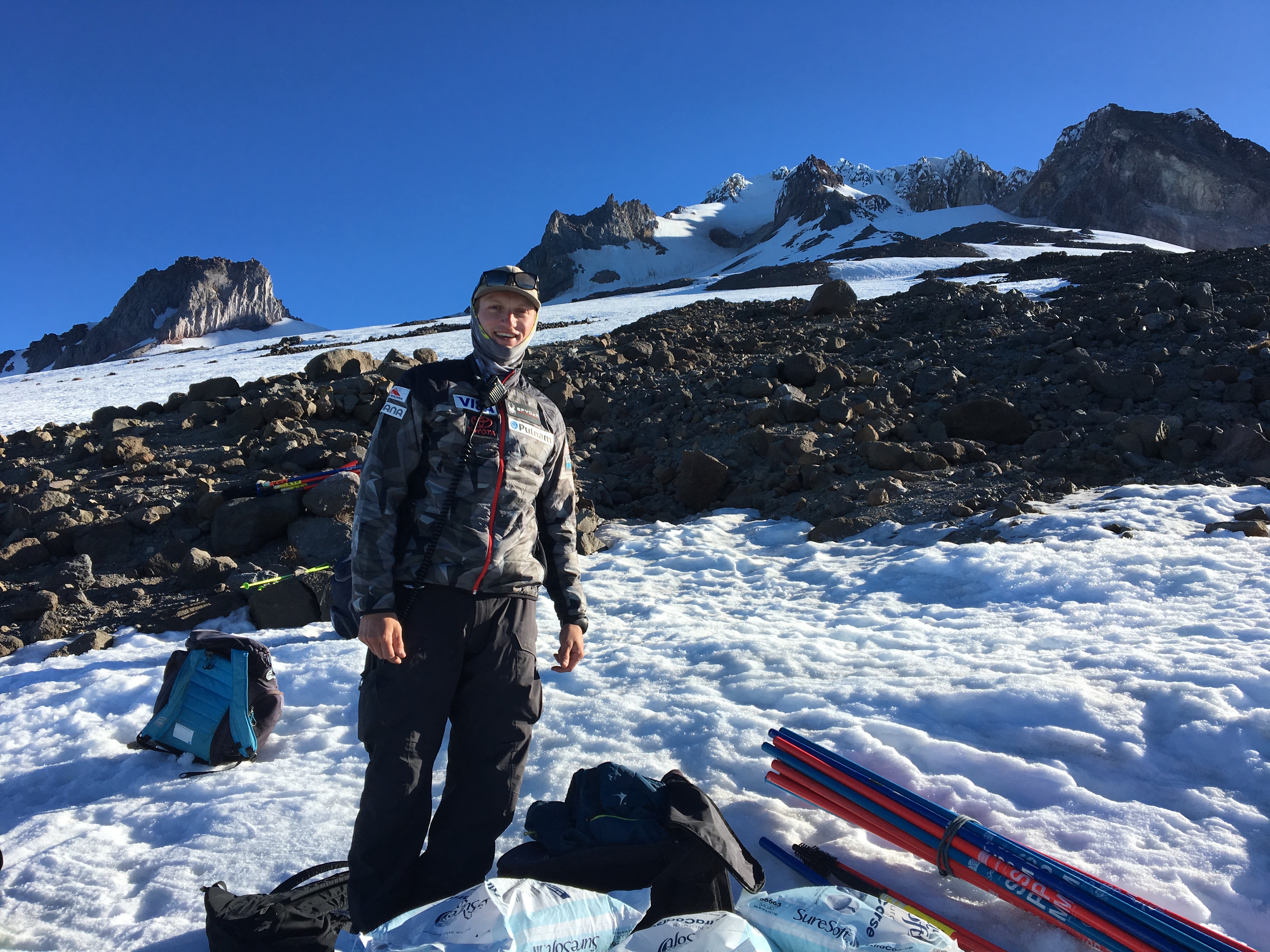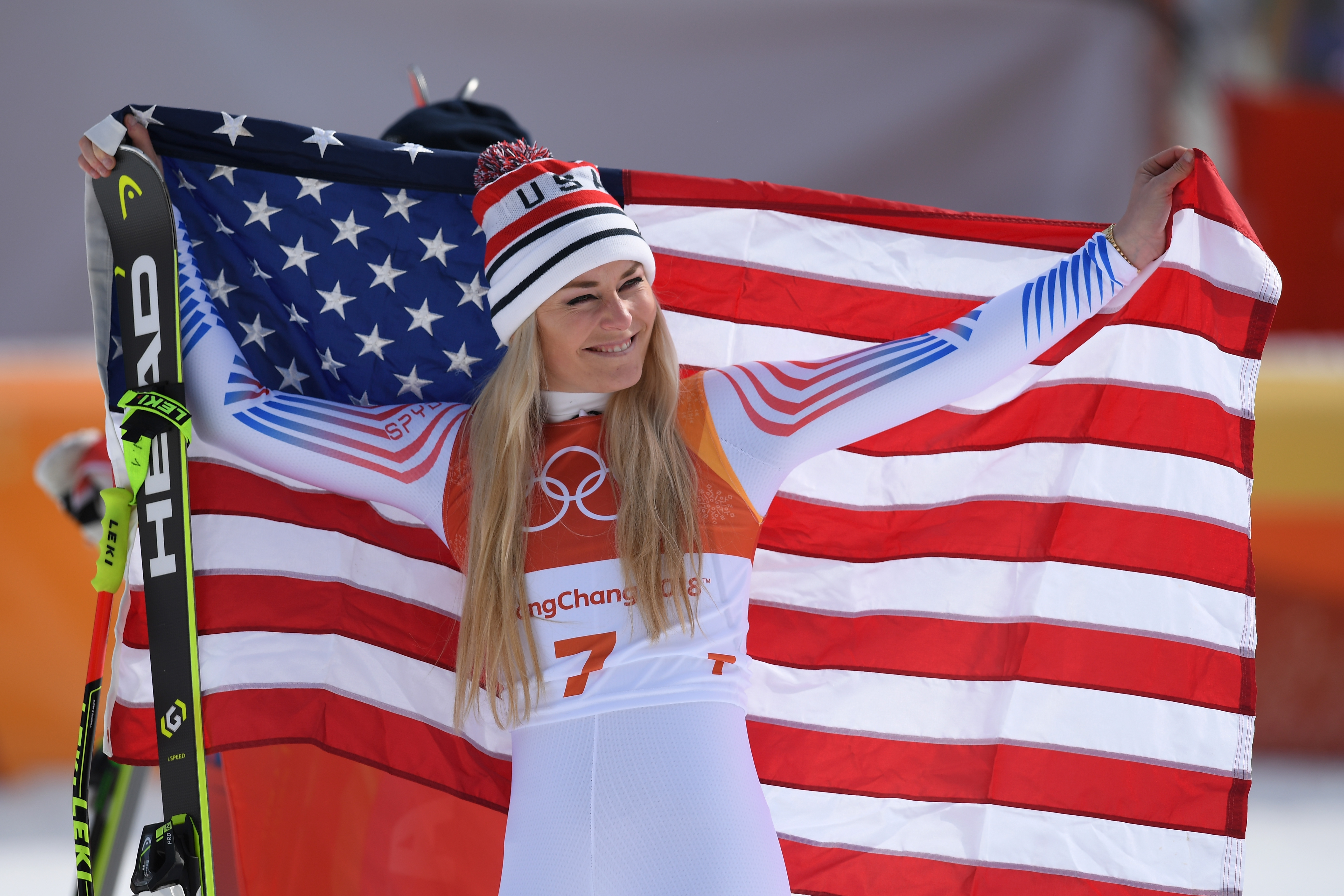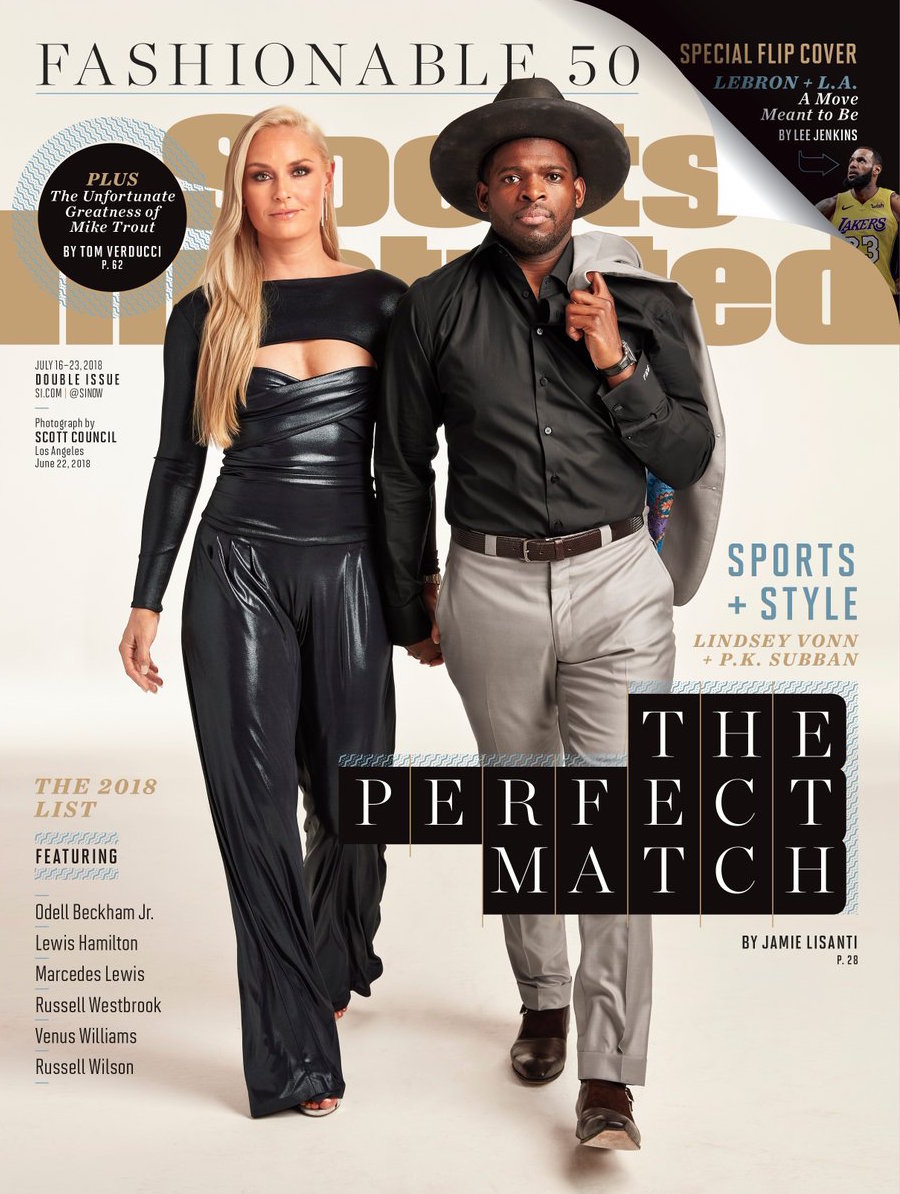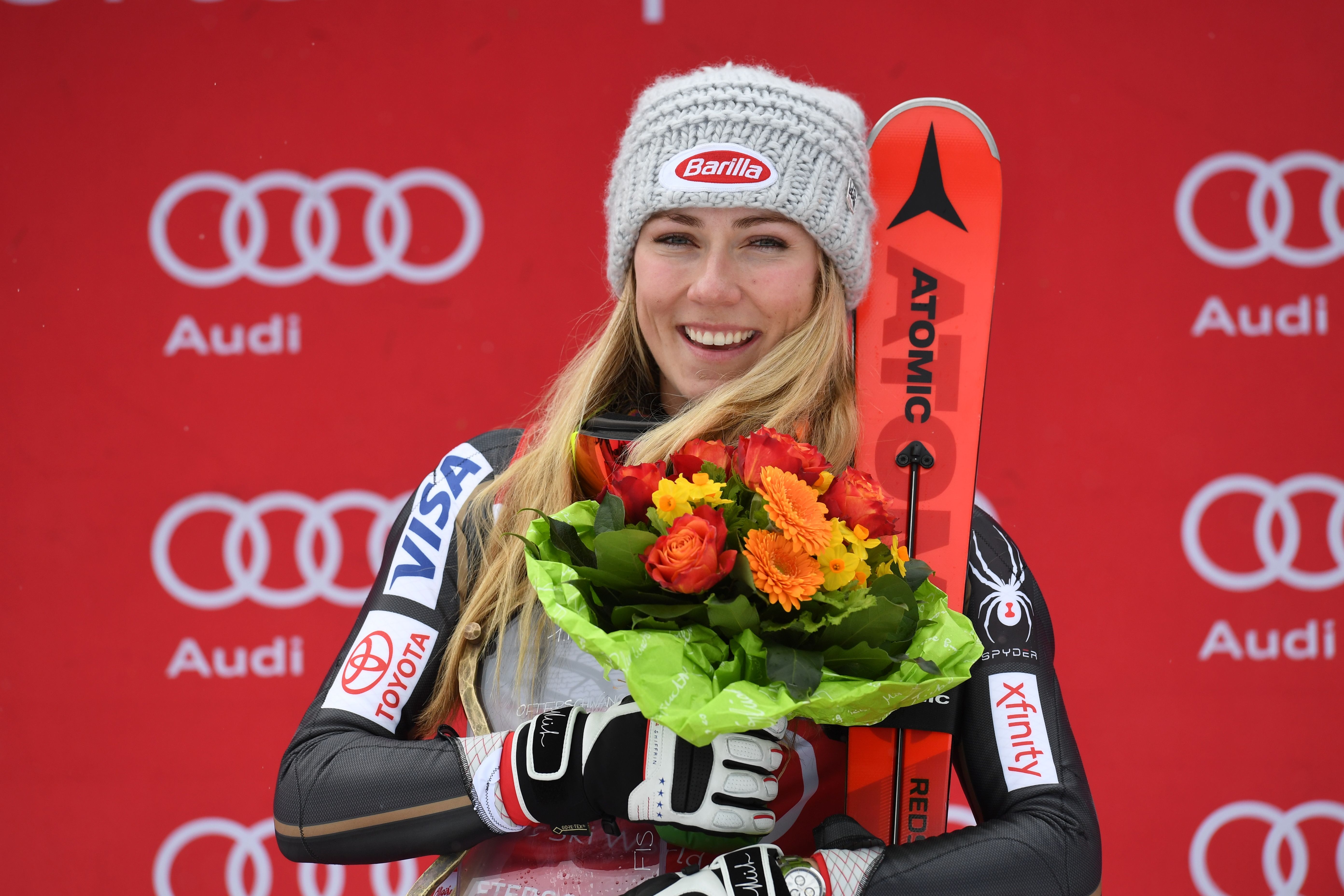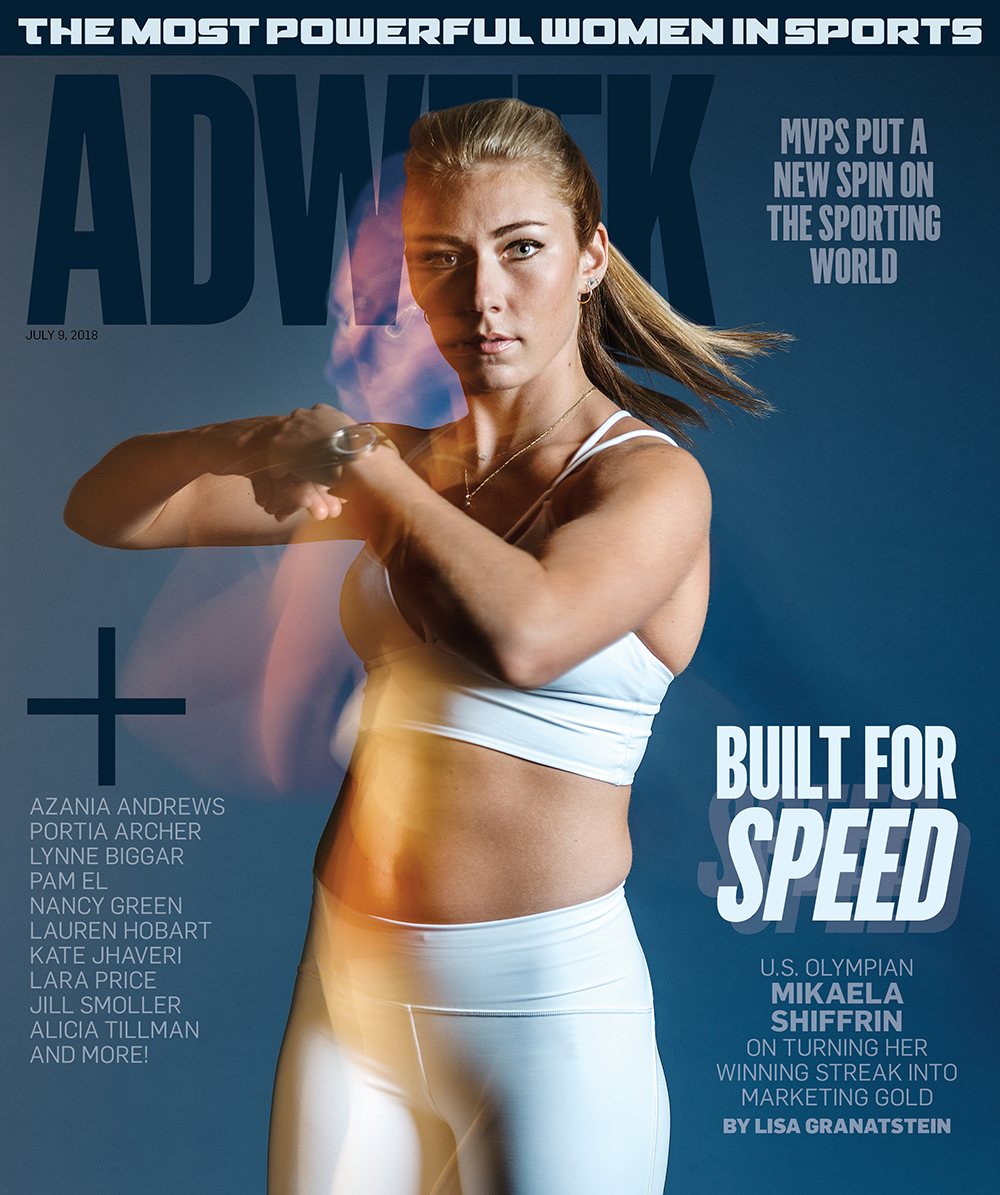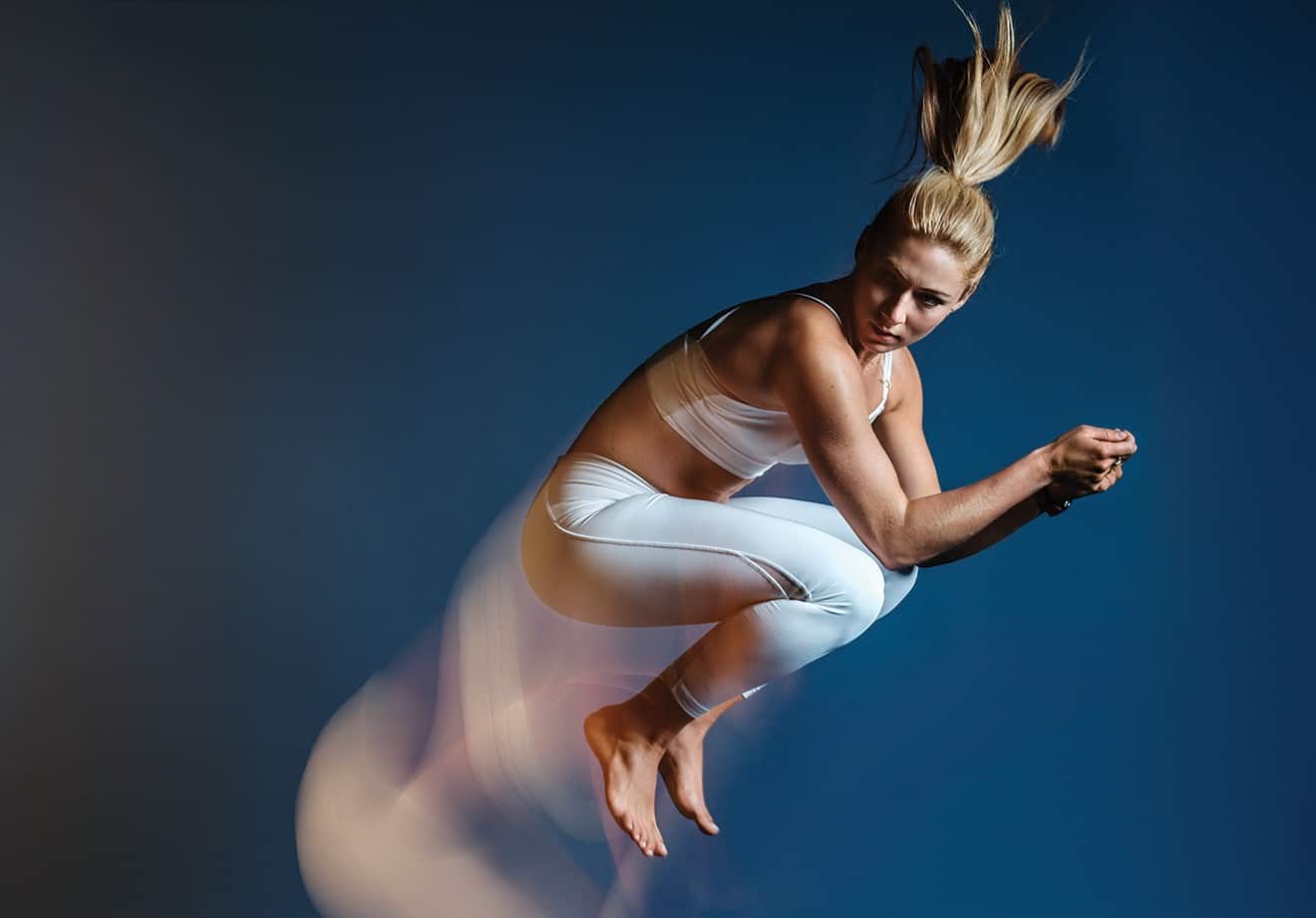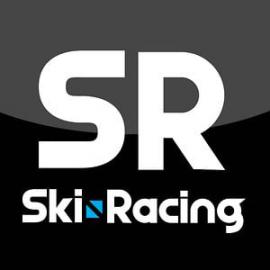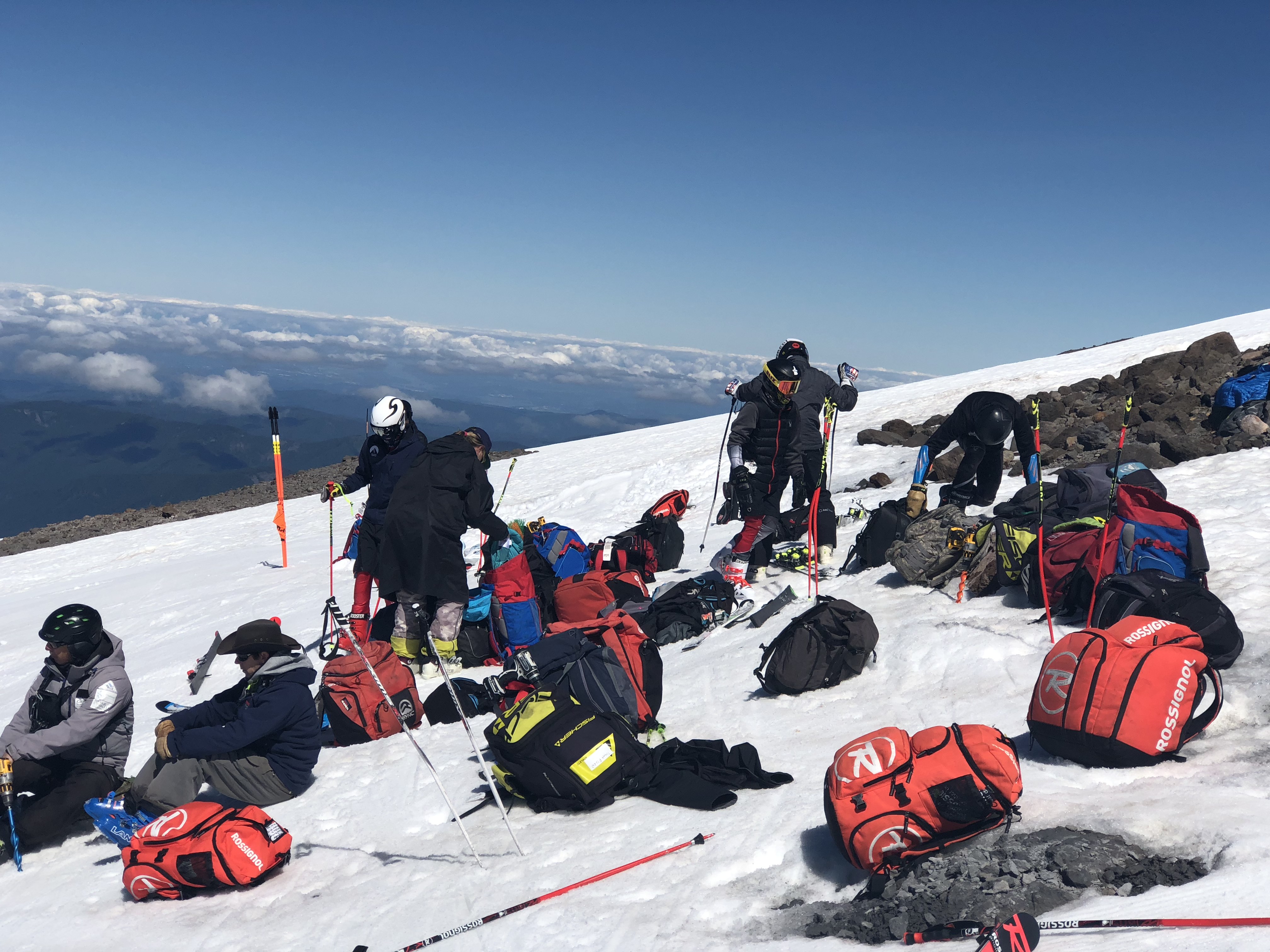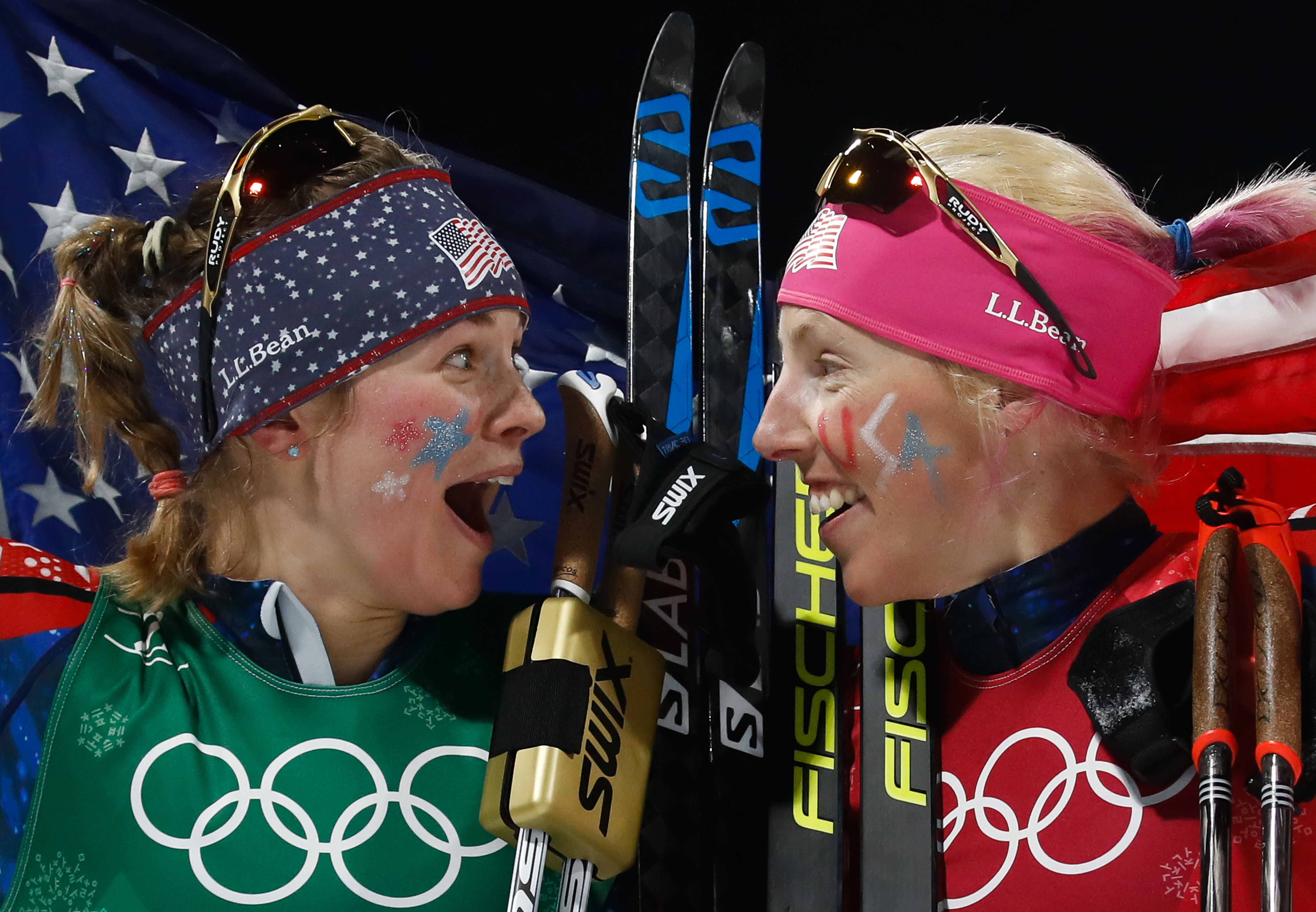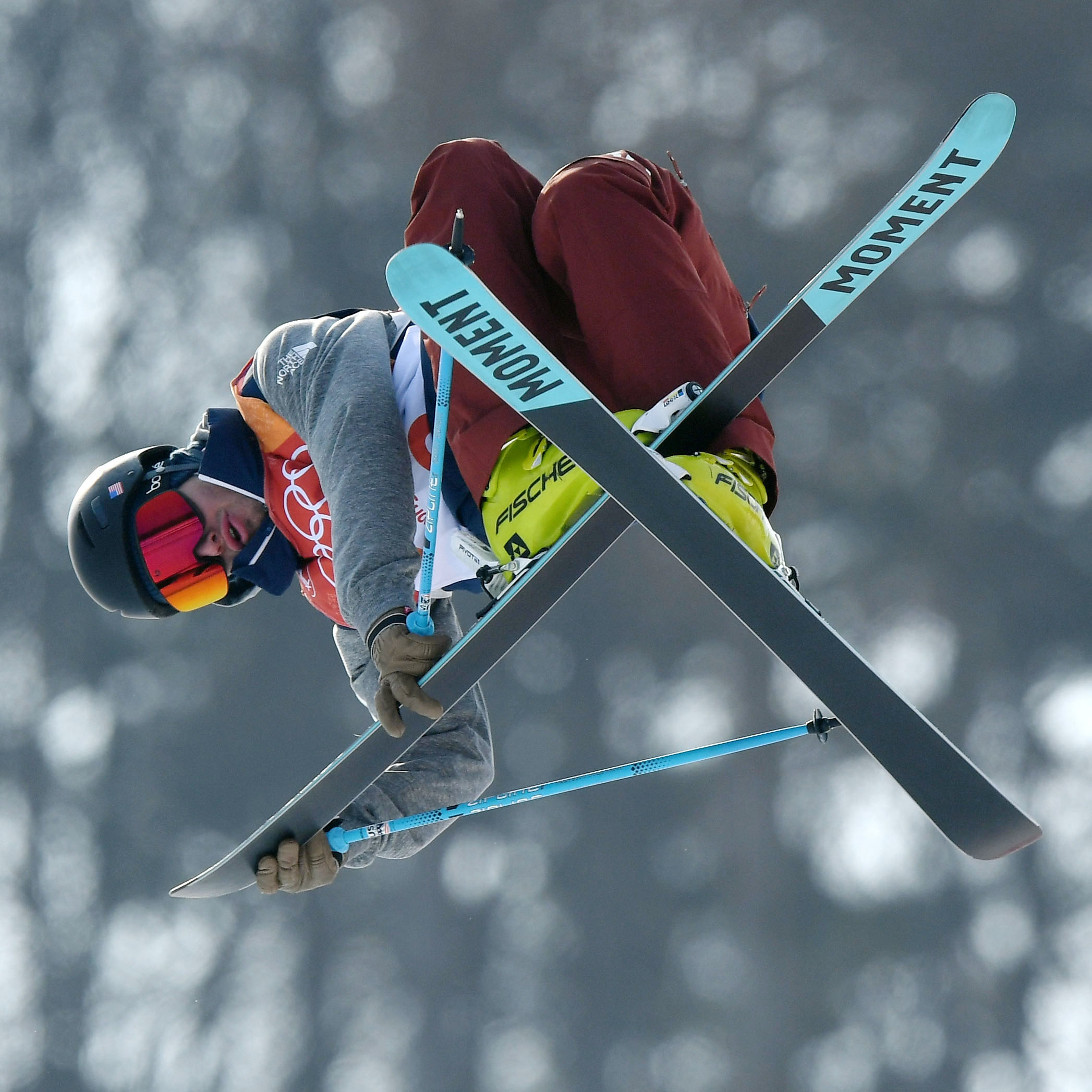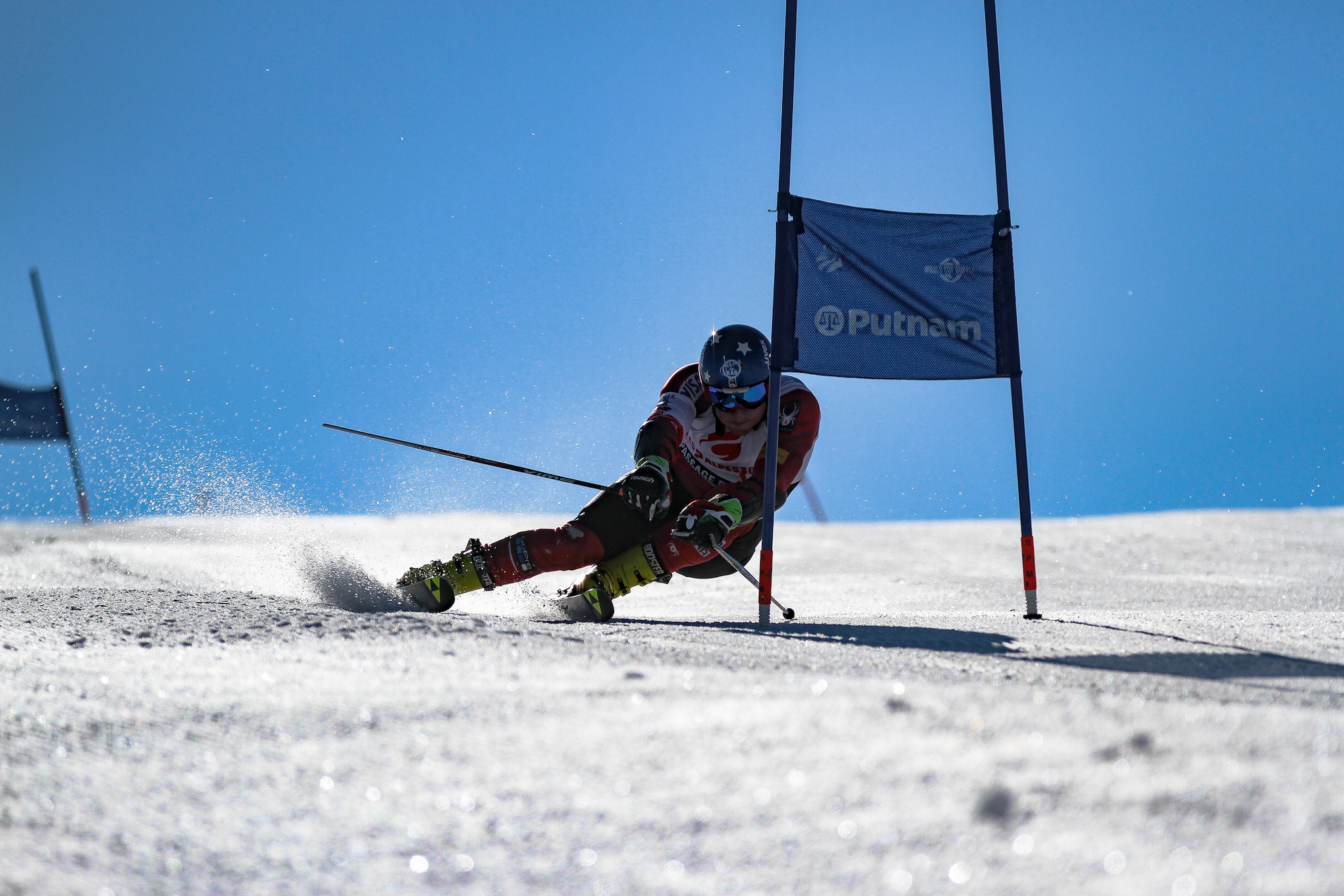2019 World Championships To Showcase New Olympic Sports
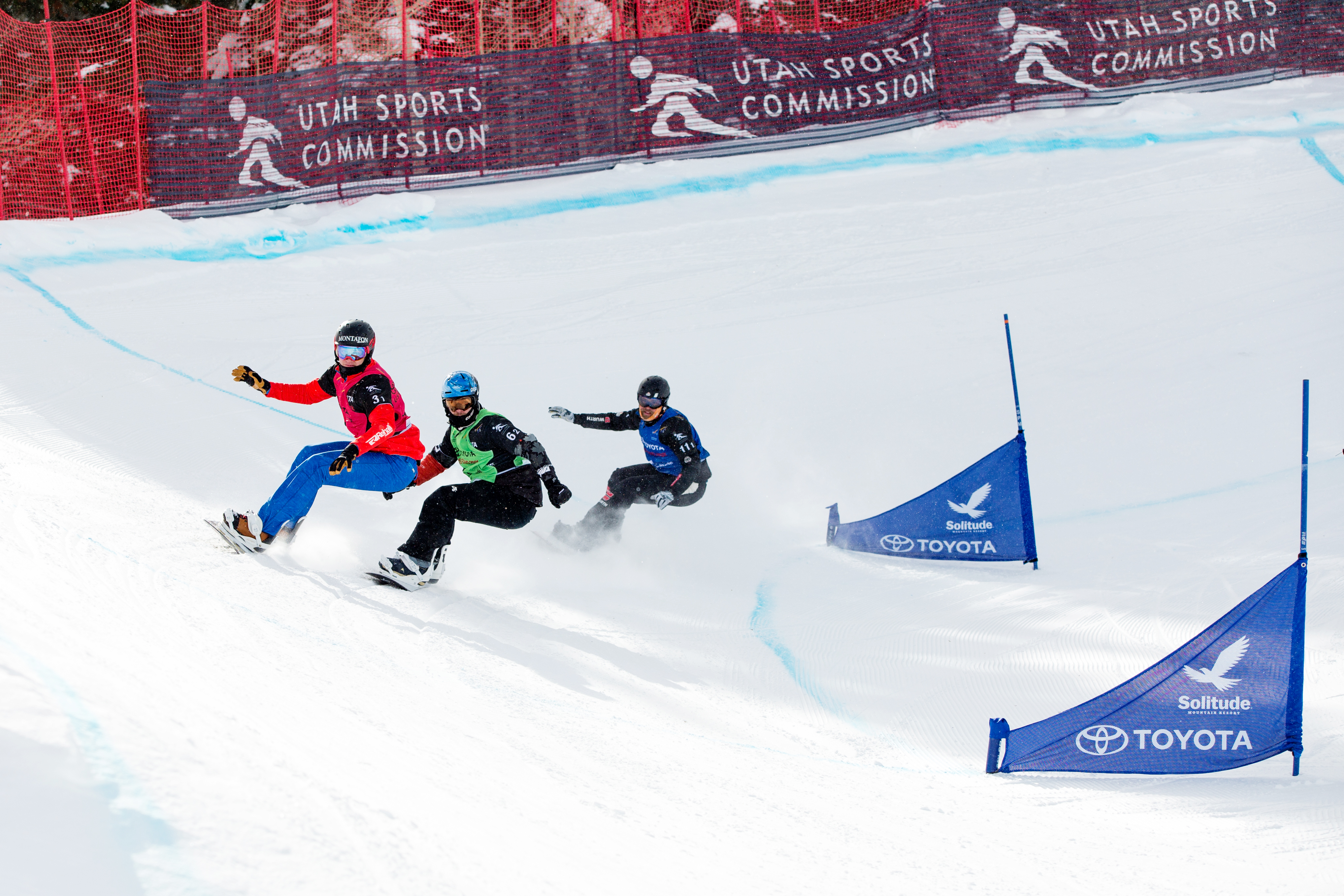
The IOC has announced that seven new winter sports will be incorporated into the 2022 Olympic Winter Games in Beijing, China. Four of these sports are International Ski Federation (FIS) events that will be on show at the 2019 Snowboard, Freestyle and Freeski World Championships taking place in Utah on February 1-10.
The events on show at the 2019 World Championships that have been added to the Beijing 2022 calendar are; Freestyle Skiing, mixed team aerials; men and women's Freeski Big Air; and in Snowboard, Team Snowboardcross. Both Freeski Big Air and Freestyle Mixed Team Aerials will be making their World Championship competition debuts for the very first time at the 2019 World Championships in Utah next February.
The awesome men’s and women’s Freeski Big Air event will take place at Canyons Village at Park City Mountain Resort on Saturday, Feb. 2, 2019. Next up on the new Olympic discipline roster will be the Team Snowboardcross event, which will take place at Solitude Mountain Resort on Sunday, Feb. 3, 2018. Rounding out the latest additions to the Olympic Winter Games is the Freestyle Skiing Mixed Team Aerials event under the lights at Deer Valley Resort on Thursday, Feb. 7, 2019 — sure to be a crowd favorite. The 2019 World Championships will be the first time that Mixed Team Aerials and Freeski Big Air will be included in the FIS World Championship program.
“We are grateful to the IOC, FIS, Beijing Organizing Committee and the Nations for working cooperatively toward the inclusion of these new events in 2022,” said Jeremy Forster, U.S. Ski & Snowboard’s Director of Snowboard, Freeski, and Freestyle. “The addition of these incredibly exciting events is not only good news for fans of the Winter Olympic Games, it is also a critical step in continuing to engage new fans, in particular, the young skiers and riders who are the future of our sports. Having the opportunity to showcase both Freeski Big Air and Mixed Team Aerials as World Championship disciplines for the first time at the events we will host in February 2019 is a great honor. We are all excited about the chance to give them their global World Champs debut in what promises to be an incredible 10 days of competition next year.”
The eyes of the world will be on the athletes competing for World Championship glory in the United States from Feb. 1 through Feb. 10, 2019, when the world’s best snowboarders, freeskiers, and freestyle athletes will descend on Utah. For more information about the events go to the 2019 Snowboard, Freeski and Freestyle World Championships website at https://2019worldchamps.com/
